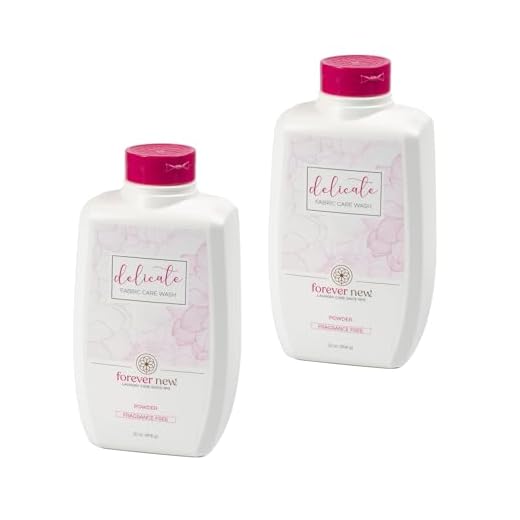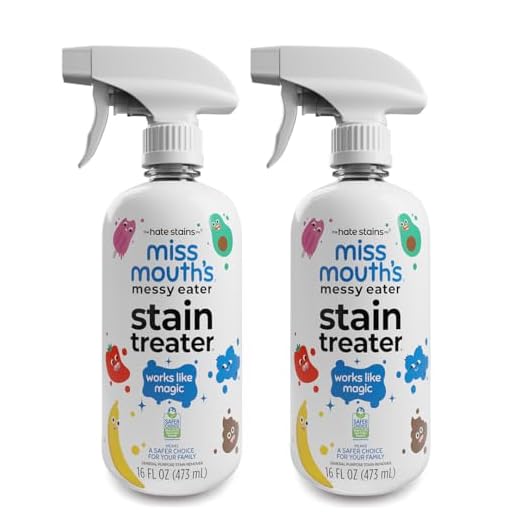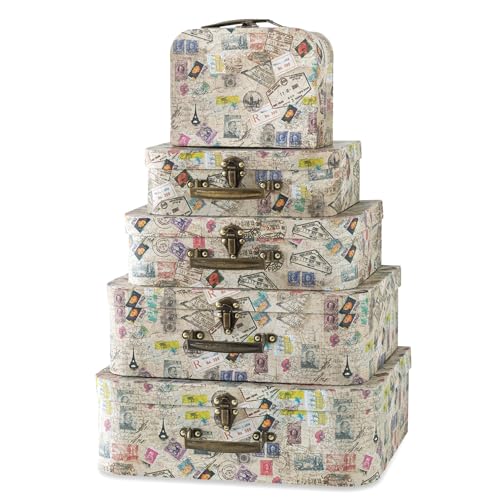

Utilize a gentle vacuum or a soft brush to eliminate dust and debris from your soft-sided carrier. Focus on seams and pockets where dirt tends to accumulate. This preliminary step is crucial for achieving optimal cleanliness.
Prepare a solution with warm water and a mild detergent, applying it with a soft cloth or sponge. Spot-treat any stubborn stains with the mixture, using a gentle circular motion to lift the residue without damaging the material. Always test any cleaning solution on an inconspicuous area first.
For deeper cleaning, submerge removable components, such as pockets or dividers, in a warm soapy bath and agitate gently. Rinse thoroughly to ensure all detergent is eliminated. Avoid using any bleach or harsh chemicals that might alter color or texture.
Air-dry the bag in a shaded area, avoiding direct sunlight which can cause fading or warping. Ensure that it is completely dry before using or storing it to prevent mold or lingering odors.
Cleaning Soft Bags
Prioritize spot cleaning with a damp cloth and mild detergent. Address stains immediately to prevent them from setting.
For general maintenance, mix a gentle cleaning solution using warm water and a few drops of fabric-safe soap. Use a soft brush or cloth to scrub the surface, focusing on high-contact areas.
After thorough scrubbing, rinse the area with a separate damp cloth to remove soap residue. Allow to air dry completely to prevent mildew.
For deeper cleaning, check labels for any specific washing machine guidelines; certain models can tolerate a gentle cycle in cold water. Place soft bags inside a mesh laundry bag for protection.
Never use bleach or harsh chemicals, as these can damage the material. Keep items inside pockets minimal during the cleaning process to avoid extra strain on seams.
If a bag is heavily soiled, consider using a steam cleaner for fabric-safe models to lift dirt and refresh the material.
| Cleaning Method | Recommended Action | Notes |
|---|---|---|
| Spot Clean | Damp cloth & mild detergent | Act quickly on stains |
| General Maintenance | Gentle soap in warm water | Air dry completely |
| Machine Wash | Check care label | Use gentle cycle & mesh bag |
| Steam Cleaning | Use on heavily soiled items | Check fabric compatibility |
Check Care Labels before Cleaning
Always examine the care label attached to your gear for specific cleaning instructions. This label provides vital information, including recommended cleaning methods, water temperature, and suitable detergents. Ignoring these guidelines may result in irreversible damage, altering the appearance or functionality of the item.
Common Symbols and Their Meanings
Familiarize yourself with common laundry symbols found on care labels. A symbol with a tub and a hand indicates handwashing, while a machine with water suggests machine washing. A circle means dry cleaning is necessary, and an iron symbol denotes ironing precautions. Always follow these symbols to ensure proper maintenance.
Additional Tips
If your portable accessory has pockets or compartments, empty them before cleaning to avoid trapping debris. For items that are heavily soiled, pre-treat stains with a fabric-safe product before following the care instructions. If unsure about the cleaning process, seek professional advice, especially for costly pieces. Consider investing in quality accessories, such as the best expandable travel tote, which typically come with care instructions for longevity, along with an ideal solution like the best windproof outdoor umbrella for adverse weather conditions.
Gather Necessary Cleaning Supplies
Gather these items before proceeding with the cleaning process:
- Soft brush or lint roller for removing dirt and dust particles.
- Mild detergent that won’t damage the material.
- Warm water to mix with the detergent.
- Microfiber cloths for applying the cleaning solution and drying.
- White vinegar for tackling stubborn stains.
- Baking soda to deodorize any unpleasant odors.
- Spray bottle to easily apply the cleaning mixture.
Consider having a vacuum cleaner on hand to clear any lingering debris before any liquids are introduced. If you’re capturing the cleaning process or need quality visuals, check out this best digital camera d750 for stunning photographs.
Spot Clean Stains with Appropriate Solutions
Select a stain remover based on the type of stain: for oil-based stains, a mixture of dish soap and water works effectively. For ink, rubbing alcohol can help lift the mark; apply it to a cotton ball and gently dab the area.
Create a simple solution for food stains using white vinegar and baking soda. Mix a tablespoon of each with water, apply it to the affected area, and blot with a clean cloth until the stain is gone.
For dirt or mud, allow it to dry completely before gently brushing off the excess. Then, use mild soap diluted in water to treat the remaining discoloration.
Always test any cleaning solution on a small, hidden area first to ensure it won’t damage the material. Avoid saturating the area; use a damp cloth instead. Rinse with clean water after treating stains to remove any soap residue.
Consider using specialized cleaners designed for specific materials, such as upholstery or canvas, which can provide targeted stain removal without harming the fabric’s integrity.
Machine Wash or Hand Wash: Choose the Right Method
Select machine cleaning for sturdy items with removable and washable covers. Ensure they can withstand gentle cycles and moderate spin speeds. Prioritize cold water settings to maintain color integrity.
For delicate or structured bags, opt for manual cleansing. This approach protects shapes and materials that may not endure mechanical agitation.
Consider the following:
- Consult care labels for specific instructions.
- Inspect zippers and closures to avoid damage during a machine cycle.
- For hand methods, utilize a soft brush or sponge and mild detergent.
Choosing based on your item’s structure and material properties ensures longevity and appearance maintenance.
Drying Techniques for Fabric Travel Bags
Air drying is the preferred method; position the item in a well-ventilated area away from direct sunlight to prevent color fading. Hang the articles using sturdy hangers or place them flat on a clean, dry towel to maintain their shape.
Using a Fan or Dehumidifier
To expedite drying, consider placing a fan nearby to circulate air. A dehumidifier can also help in humid environments, drawing moisture away and speeding up the process.
Avoiding Heat Sources
Stay clear of radiators, hair dryers, or other heat-producing appliances to prevent damage. High temperatures may warp materials or degrade fabric integrity.
Preventing Future Stains and Odors
To maintain cleanliness and freshness of your travel gear, consider applying a fabric protector spray after cleaning. This forms a protective barrier that repels liquids and stains.
Store items in a cool, dry place, ensuring ventilation. Moisture can foster mold and odor development. If possible, use silica gel packets in storage to absorb excess humidity.
Regularly check pockets and compartments for forgotten items that can lead to unpleasant smells. Clean any spills immediately to prevent absorption into the material.
Consider lining your travel bags with odor-neutralizing inserts or bags. Activated charcoal or baking soda can effectively absorb smells and prolong freshness.
Avoid overpacking, which can compress items and lead to wrinkles or odor retention. Use packing cubes to organize items, allowing for better airflow.
Rotate your travel essentials periodically to prevent long-term exposure to smells or stains from repeated use. Keep items clean before each trip to start fresh.







